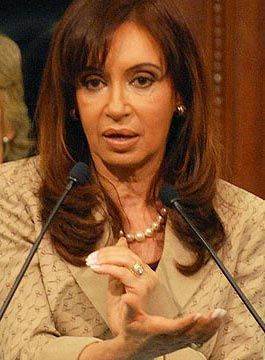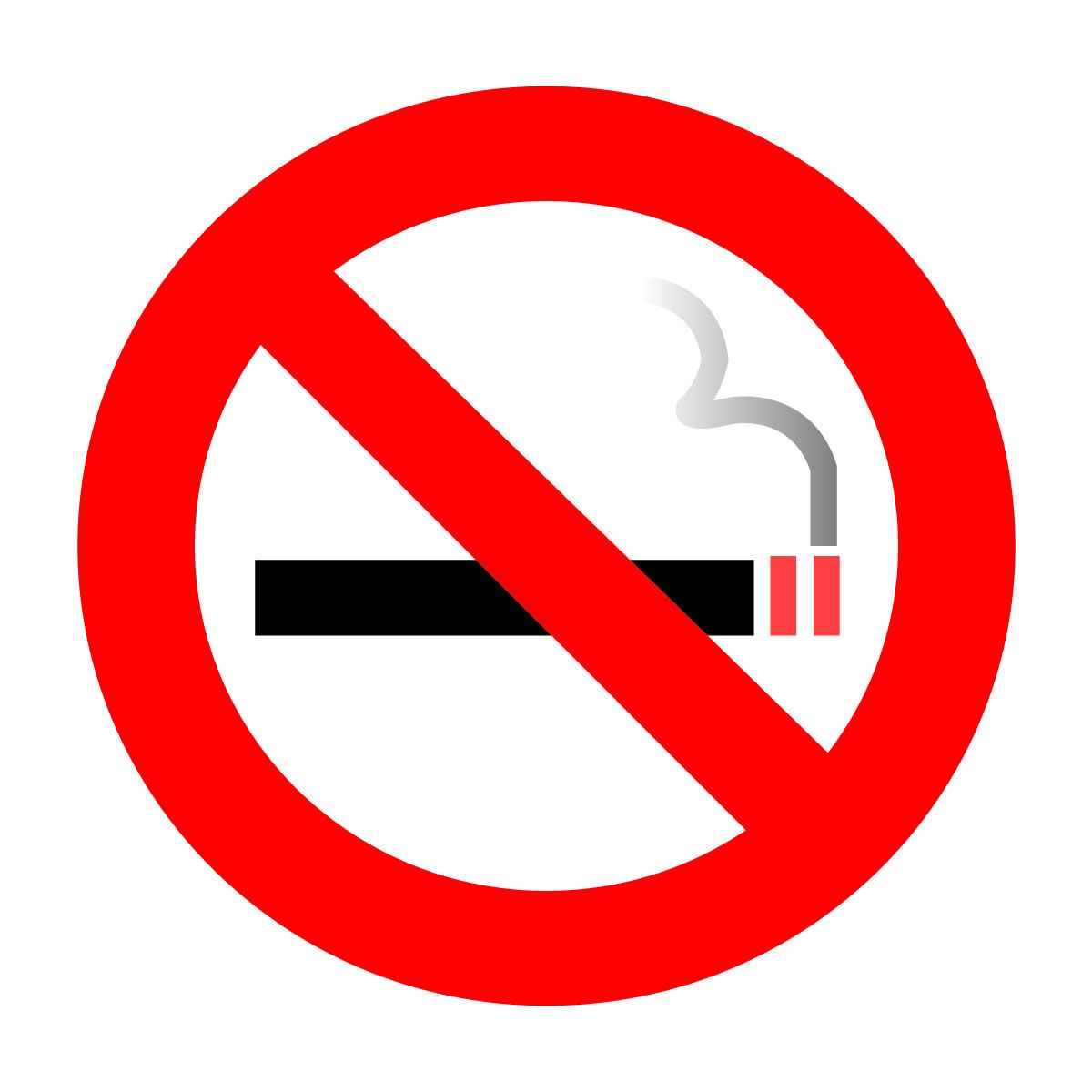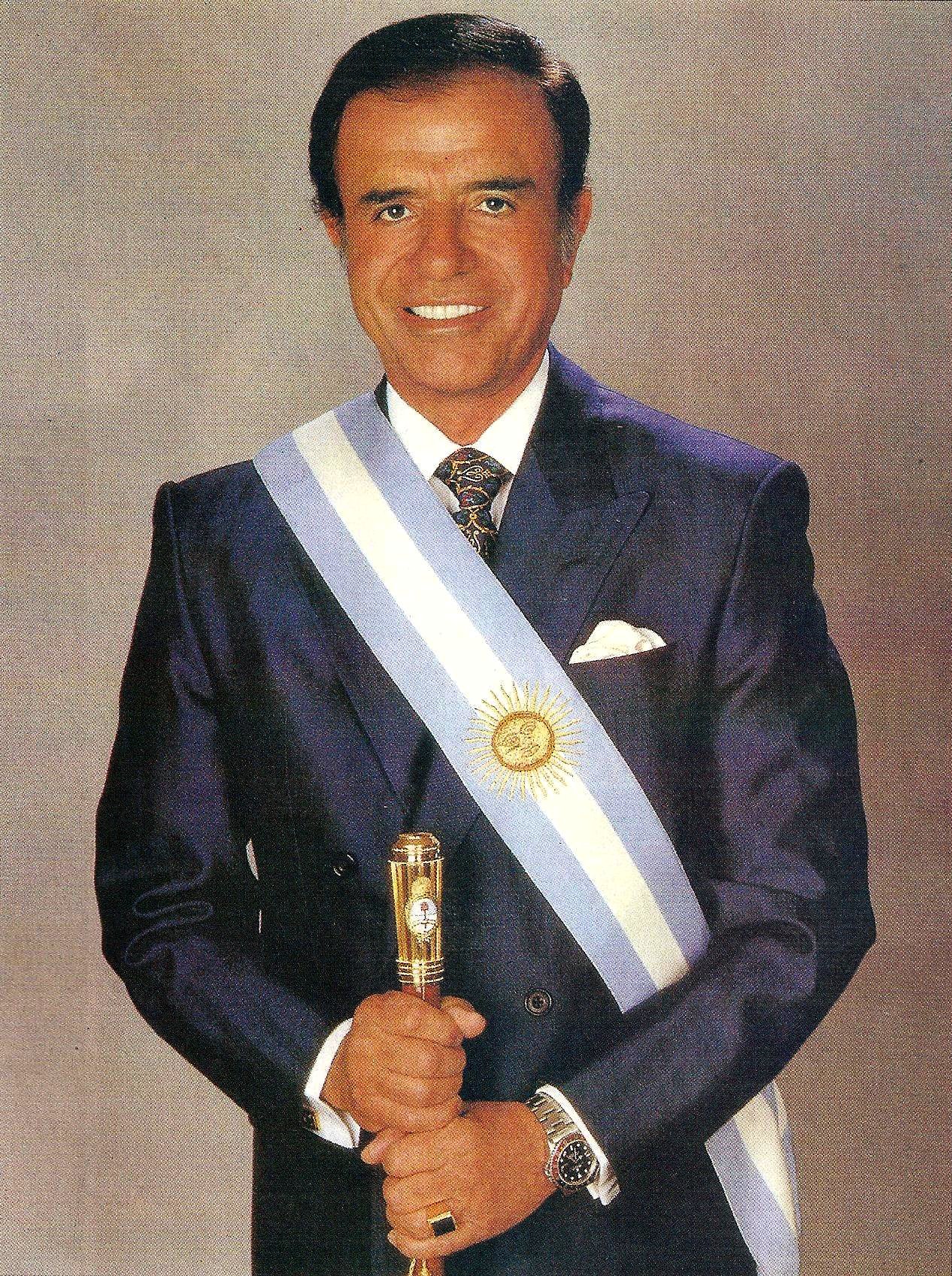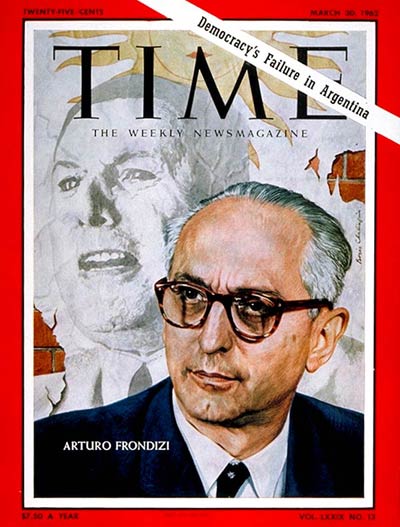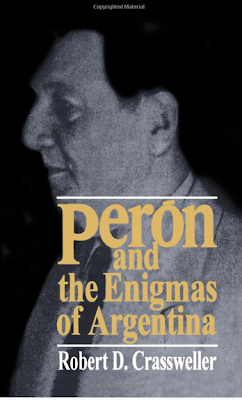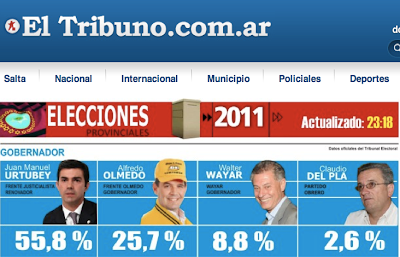[from
Nikolas Kozloff @
Huffington Post, 11 February 2011]
Dancing With Dynamite in Latin AmericaRecently, I sat down with
Benjamin Dangl, author of the recently released Dancing with Dynamite: Social Movements and States in Latin America, for an interview.
NK: You've written an extremely ambitious book which takes the reader all across South America. One of the most impressive things about the work is that it is largely based on your own personal interviews with political participants at the grassroots as opposed to mere secondary research. How long did it take to research and what was the most fascinating country that you worked in?
BD: The book is the result of over eight years of research, traveling and interviewing across Latin America. This period of time coincided with the rise to power of most of the region's current leftist leaders, and so the interviews I draw from in the book reflect a lot of the initial hope and subsequent disappointment among many social movements. The most interesting place I've worked in is definitely Bolivia, where the power of the grassroots movements is the strongest, and the impressive relationship between these movements and the government of Evo Morales is constantly changing.
NK: It can be tough in many ways to conduct research in South America. What prompted your interest in the subject matter and what were some of the obstacles that you encountered along the way?
BD: The main things that drew me to writing about politics and social issues in Latin America were the impact US foreign policy and corporate activity had on the region, and the hopeful and relatively under-reported social struggles going on. On the one hand, the connection to the US in the so-called war on drugs, and the corporate looting of natural resources, were all issues I thought more readers of English-based media in the US should know about. And the sophisticated organizing tactics, grassroots strategies and victories of social movements in the region were stories I wanted to help amplify and spread in the US, for the sake of awareness, solidarity and lessons to be learned. The main obstacle in doing this research is the actual cost of the traveling. I've worked all kinds of odd jobs over the years, in construction, farming, and various kinds of manual labor, to pay for the plane tickets to get to Latin America in order to conduct research and writing on the ground.
NK: Here in the U.S., many on the left idealize Chávez and the like, yet you suggest that many ostensibly leftist regimes may sap the energy of today's social movements. How has this happened, and could one say, therefore, that "Pink Tide" regimes may ultimately exert a counter-productive or even pernicious effect upon local politics in their respective countries?
BD: The way this relationship has played out is different in each country. Some Latin American presidents, upon taking power, have been more willing and able than others to collaborate with the social movements that help bring them into office. The relationships in Venezuela and Bolivia are probably the healthiest in this sense. In other countries, such as Brazil with President Lula and the Landless Farmers Movements, the Ecuadorian President Rafael Correa and the indigenous movements there, the relationship has been more difficult, with the governments repressing, criminalizing and demobilizing movements when possible. Dancing with Dynamite looks at how this relationship, this dance, has played out in seven different countries. It tells a story beyond what the presidents and major politicians have been doing or saying, and focuses more on the history of the past decade from the perspective of the grassroots. And this view from below is something I think more people in the US left would benefit from focusing on, if anything to understand the full picture of what's been driving these momentous changes over the past ten years.
NK: Of all the South American countries you describe, Bolivia seems to have the most revolutionary potential. Why is this so, and what new radical developments can we expect from Bolivia in the coming years?
BD: I think this potential comes in part from the legacy and strength of indigenous movements in the country. Over 60% of Bolivians self-identify themselves as indigenous, and this identity has manifested itself in powerful ways in key mobilizations over access to natural resources and making politics in the country more participatory and accessible. The rich history of labor, student, farmer and other activist movements have also contributed to today's grassroots dynamics. Many people in Bolivia, which is the poorest country in South America, also have to turn to political activism and social organizing to survive; in many communities fighting for access to water, ousting a corrupt mayor, defending rights to grow coca crops, these are parts of everyday life. This capacity to mobilize translates into a diversity of movements that are ready to take action when necessary, whether it's to hold Evo Morales' feet to the flames, or mobilize against the right and foreign corporations. Because of this dynamic and often-changing landscape, it is difficult to say what will happen in the coming years.
NK: From a political and economic perspective, Brazil dwarfs all other South American countries. Recently, Dilma Rousseff, Lula's protégé in the Workers' Party, won Brazil's presidential election. That is good news for Correa, Morales and Chávez since Rousseff is unlikely to harass leftist regimes in wider South America. Yet, as you point out Brazil has become an agribusiness juggernaut, displacing poor peasants both within and outside its borders through its soybean industry. How can the more radical bloc of Bolivia, Venezuela and Ecuador seek to contest Brazilian geopolitical hegemony in the region?
BD: The sad reality is that destructive agribusinesses, particularly soy, which displace poor farmers, destroy the environment and use toxic pesticides, are rapidly expanding across Latin America. Brazil is one part of this expansion. Soy crops are all over many parts of Paraguay, Bolivia, Uruguay and Argentina. There has not been a lot of political will on the part of the region's left of center leaders to confront this trend. As far as Brazil's power in the region, I think Lula helped pave the way for many progressive regional initiatives and diplomatic approaches. I think that Rousseff will likely continue in this tradition. If Bolivia, Venezuela and Ecuador seek to contest Brazil's power, they will likely do so together, cooperatively against Brazil, rather than on their own against this imperial neighbor.
NK: Social movements in South America have not invested a great deal of energy in pushing for a more revolutionary foreign policy, preferring instead to concentrate on bread and butter issues at home. Should they advocate more loudly for a different sort of foreign policy, and if so what should it look like?
BD: Well, I think social movements have pushed for more revolutionary foreign policy. The grassroots, continent-wide push against Bush's Free Trade Area of the Americas was historic. The anti-imperialist stance of many of the region's new and recent presidents is largely a response to grassroots pressure against US-militarization of the war on drugs, against US military bases, against meddling from Washington, against foreign domination of natural resources and the economy. If there has been any lack of mobilizing for a more progressive foreign policy, I think it's because many movements are relatively content with the policies of their presidents in this respect. The landless movement in Brazil, for example, applauded Lula's foreign relations, but criticized his weak land reform. One of the most progressive aspects of Correa's administration in Ecuador has been his foreign policy. That said, I think a further strengthening of regional independence from the US will remain a key goal of social movements in the region.
NK: As you point out, some leftist leaders have conducted anti-environmental policies. In their adherence to resource nationalism, they're harking back to a rather outdated twentieth century model of development, one which has been contested as of late by the region's rising environmental parties. In Brazil, Marina Silva of the Green Party netted a whopping 19% of the vote in the nation's first round of presidential voting. What kind of a political impact do you expect green politics will have on the wider region, and how can social movements take advantage of growing environmental consciousness to bring about revolutionary change?
BD: Many social movements have been critical of the environmentally destructive extractive industries pushed by leftist governments, particularly in mining, gas and oil industries. While this will likely remain an area of contention between socialistic governments and the movements effected by these industries, there is a growing trend among leaders to address the causes of climate change and environmental devastation across the globe. The Evo Morales' government demonstrated this in its participation in climate change talks and conferences. Sustainable policies based on the concept of Buen Vivir (Living Well) advocated by the region's indigenous provides a fitting model for all nations and people to follow
NK: You seem to be particularly speaking to and addressing U.S. activists in your book, and one of your more intriguing chapters discusses the connections between South American and U.S. social movements. You cite the case of Chicago workers who were influenced by their Argentine counterparts as they took over a factory in 2008. Yet, you yourself concede that applying the South American experience to the U.S. may not work as both societies have very different histories and political cultures. If that's true, then what can the U.S. left learn, concretely, from radical politics south of the border?
BD: I think a lot of activists in the US can learn from movements based in Latin America. As I discuss in the book, there a few key movements and actions in the US that drew from tactics and strategies of the landless movement in Brazil and water rights activists in Bolivia, for example. One major tactic is not allowing a fear of empowering the right dictate all actions as activists. I think that is particularly useful to people in the US right now. In Brazil, the landless movement continues to support the lesser of two evils in elections while also occupying unused land and working it for survival, regardless of the slow pace of land reform pushed by the government. Social movements in Bolivia have been able to both defend the progressive policies of the Morales government while radicalizing his policies by pressuring him from below. Translating these tactics, which I outline in the book, in the US, will be different for each community. The past ten years in Latin America have seen a historic shift to the left in the halls of government power and the streets, so it makes sense that people in the US need to learn from these examples if we are to break out of the stranglehold of our stagnant political culture.
